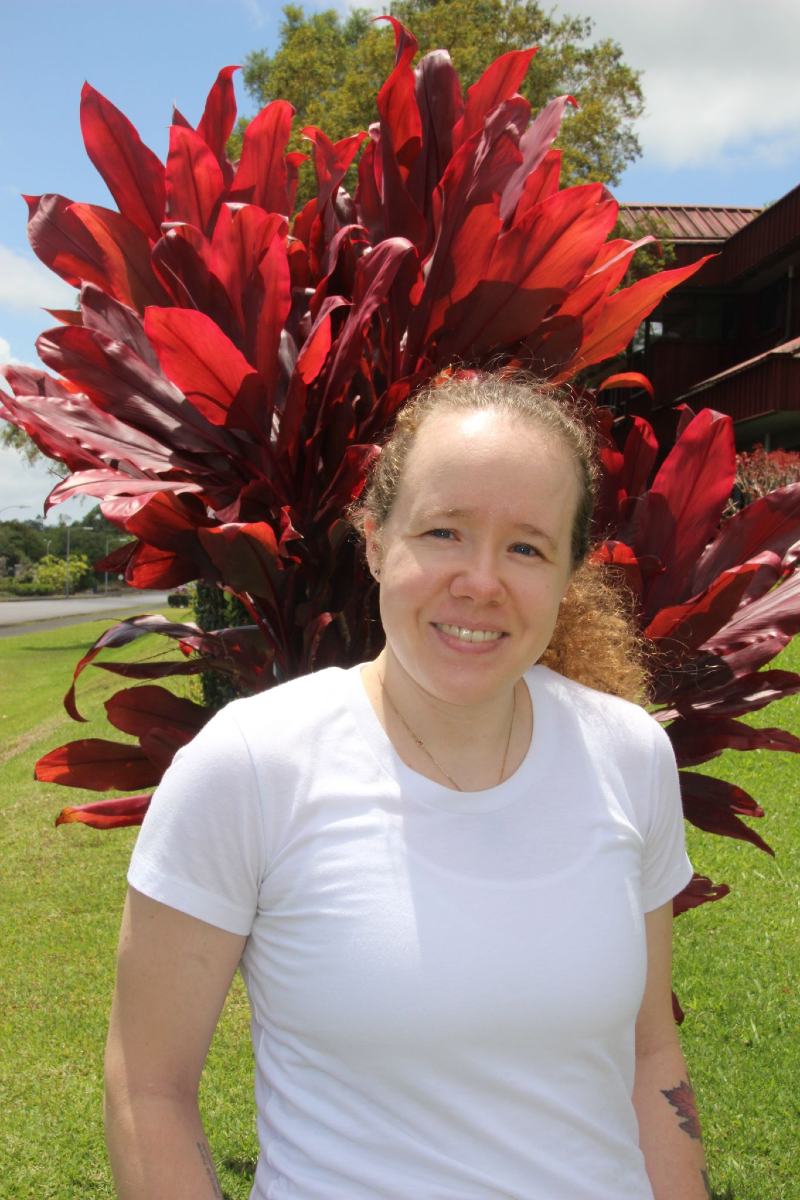Alumna and astrophysicist receives prestigious Hubble Fellowship
Andrew Lyle - 14 September 2021

Alexandra Tetarenko, alumna of the Department of Physics, has been recognized with a Hubble fellowship.
A Department of Physics alumna has been recognized with a prestigious Hubble Fellowship by NASA. The fellowship brings new funding that will support Alexandra Tetarenko’s research into black holes and their explosive outflows of energy and matter known as jets.
“My research aims to understand the complex relationship between the mass plunging into a black hole and this material that is jettisoned away,” said Tetarenko (PhD ‘18, MSc ‘14). “My main goals are to develop new ways to study these jets through developing observation techniques to gather new data, as well as building new computational and statistical tools to analyze this data.”
During her graduate studies, Tetarenko studied under the supervision of Greg Sivakoff in the Department of Physics.
“I felt excited, relieved, thankful, and disbelief when I got the news; really just the whole spectrum of emotions,” said Tetarenko. “The last year and a half has been very difficult with the pandemic, so I am incredibly lucky and grateful to be able to come out on the other side with a fellowship like this.”
The NASA Hubble Fellowship program supports outstanding postdoctoral scientists in their pursuit of independent research that contributes to NASA astrophysics using theory, observation, experimentation, or instrument development. Hubble Fellows are selected based on how their work contributes to one of NASA’s big questions: how did we get here?
Understanding how black holes act as powerful cosmic engines—consuming large amounts of material and expelling matter in the form of jets—is one of the most compelling problems in modern astrophysics, explained Tetarenko. These jets are an important component of the forces that shape our universe, making their study a critical part of solving this mystery.
“With my research, I developed a technique that allows me to directly measure the physical properties of black hole jets and how they evolve through measuring how the intensity of the light we receive varies over different time-scales,” said Tetarenko. “With these measures, I can start to address some of the big questions like understanding the energy source of these jets.“
Tetarenko is currently a postdoctoral fellow at the Maunakea Observatories in Hawaii, where she works at the East Asian Observatory’s James Clerk Maxwell Telescope. The Hubble fellowship will begin in Fall 2021, when the new funding will support her research program at Texas Tech University.
“My time at the U of A certainly played a major role in allowing me to become a successful independent researcher and ultimately win one of these fellowships,” said Tetarenko. “I am incredibly grateful to the awesome group of physics faculty, postdocs, and students at the U of A for everything they have done for me over the years.”
Interested in astronomy? Learn more about the cutting-edge space research being conducted in the Faculty of Science on our space hub, or take a virtual tour of the University of Alberta observatory.